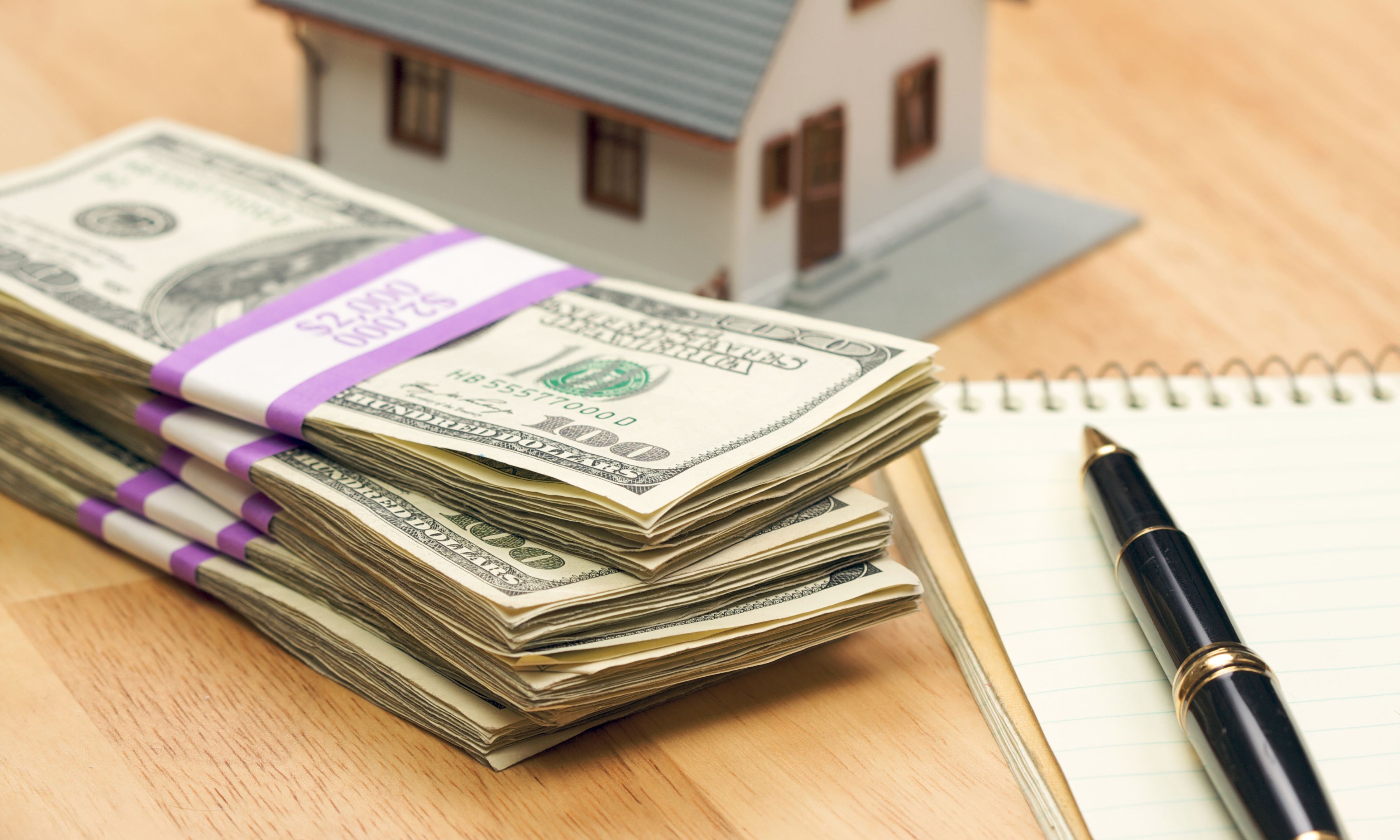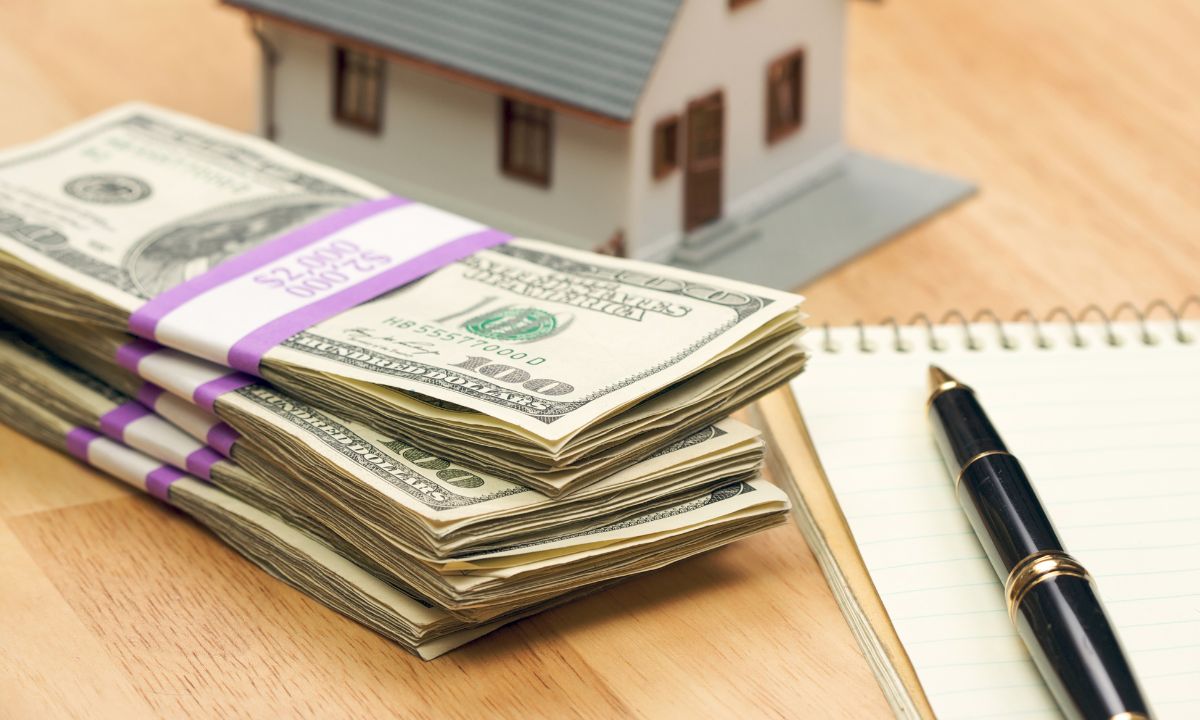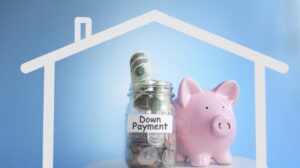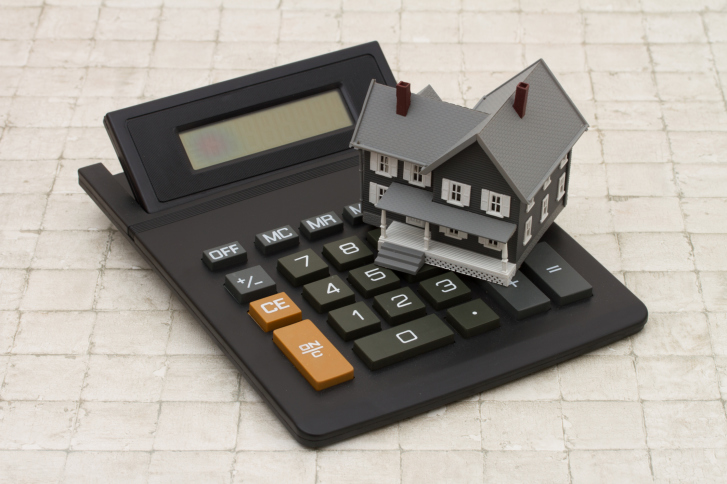 When considering the journey of purchasing a new home, one of the fundamental decisions you’ll encounter revolves around determining the appropriate amount of money to allocate for your down payment. It’s a decision-making process that involves weighing the benefits of opting for a larger down payment against the potential advantages of utilizing some of those funds to purchase “discount points,” thereby reducing your interest rate. Each option carries its own set of merits and demerits, and the optimal choice for you hinges on a careful examination of your unique financial circumstances and objectives.
When considering the journey of purchasing a new home, one of the fundamental decisions you’ll encounter revolves around determining the appropriate amount of money to allocate for your down payment. It’s a decision-making process that involves weighing the benefits of opting for a larger down payment against the potential advantages of utilizing some of those funds to purchase “discount points,” thereby reducing your interest rate. Each option carries its own set of merits and demerits, and the optimal choice for you hinges on a careful examination of your unique financial circumstances and objectives.
Here’s a more detailed exploration of the factors to consider:
Cost of Borrowing: In general, reducing your interest rate typically involves paying a premium upfront. Lenders commonly charge up to one percent (or one point) of your loan amount to lower your mortgage interest rate. Before committing to paying discount points, it’s imperative to conduct a thorough cost-benefit analysis. Calculate the potential monthly savings resulting from the reduced interest rate and determine how long it will take to recoup the initial investment. Additionally, it’s worth noting that discount points are typically tax deductible, adding another layer of financial consideration. Consulting with your tax planner or financial advisor can provide valuable insights into the tax implications and overall financial impact of this decision.
Larger Down Payment Equals More Equity: One of the primary advantages of making a larger down payment is the immediate boost it provides to your equity in the home. By putting more money down upfront, you reduce the amount of money you need to borrow, thereby increasing your stake in the property. This enhanced equity position can have several favorable implications, including lower monthly mortgage payments, potentially more favorable loan terms, and the possibility of avoiding private mortgage insurance (PMI) requirements, depending on the amount of equity you have at the time of closing. Additionally, a higher level of equity provides a greater cushion against fluctuations in the housing market and may increase your borrowing power for future endeavors.
Qualifying for a Loan: For individuals facing challenges in qualifying for a mortgage loan, carefully assessing the impact of different down payment and interest rate scenarios is crucial. In some cases, strategically combining a larger down payment with a lower interest rate achieved through discount points can make the difference between approval and rejection. Your mortgage advisor or loan officer can provide personalized guidance and assistance in evaluating which approach is most conducive to your financial goals and loan eligibility criteria.
Ultimately, the decision regarding your down payment strategy should be informed by a comprehensive evaluation of your financial situation, long-term objectives, and risk tolerance. Engaging in open dialogue with your mortgage advisor, financial planner, and tax professional can help you navigate this complex decision-making process with confidence and clarity. By carefully weighing the potential benefits and trade-offs of each option, you can devise a strategy that aligns with your unique needs and aspirations, setting you on the path to homeownership success.
 So, you’ve decided to take the plunge into homeownership – congratulations! One of the most critical aspects of buying a home is figuring out your down payment. It’s a significant financial commitment that can shape your home-buying journey. But fear not! There are various down payment options available to suit different financial situations and goals. Let’s explore them together.
So, you’ve decided to take the plunge into homeownership – congratulations! One of the most critical aspects of buying a home is figuring out your down payment. It’s a significant financial commitment that can shape your home-buying journey. But fear not! There are various down payment options available to suit different financial situations and goals. Let’s explore them together. Buying a home, a car, or any significant investment often involves making a down payment. The down payment is a crucial part of the purchasing process, as it can impact your loan terms, interest rates, and monthly payments. But how much should you save for a down payment, and why is it so important?
Buying a home, a car, or any significant investment often involves making a down payment. The down payment is a crucial part of the purchasing process, as it can impact your loan terms, interest rates, and monthly payments. But how much should you save for a down payment, and why is it so important? When it comes to purchasing a home, one of the most significant financial decisions you’ll make is how much to put down as a down payment. Your down payment not only affects the amount you need to borrow but also plays a vital role in determining your mortgage interest rate and overall financial stability. Here are crucial tips to keep in mind when making a down payment for a home:
When it comes to purchasing a home, one of the most significant financial decisions you’ll make is how much to put down as a down payment. Your down payment not only affects the amount you need to borrow but also plays a vital role in determining your mortgage interest rate and overall financial stability. Here are crucial tips to keep in mind when making a down payment for a home: Purchasing a home is one of the most significant financial decisions many individuals make in their lifetime. It involves a substantial investment of money and requires careful consideration to ensure long-term financial stability. To navigate the complexities of the home-buying process, it’s essential to be well-informed about the various financial considerations involved. In this blog post, we will explore key factors to consider when buying a home to help you make informed decisions and achieve financial success.
Purchasing a home is one of the most significant financial decisions many individuals make in their lifetime. It involves a substantial investment of money and requires careful consideration to ensure long-term financial stability. To navigate the complexities of the home-buying process, it’s essential to be well-informed about the various financial considerations involved. In this blog post, we will explore key factors to consider when buying a home to help you make informed decisions and achieve financial success. Several generations ago, lenders required home buyers to have a 20 percent down payment in order to get a mortgage. While there were a few options out there for people who couldn’t save this substantial amount, the reality was that for the majority of people, the 20 percent down was a requirement.
Several generations ago, lenders required home buyers to have a 20 percent down payment in order to get a mortgage. While there were a few options out there for people who couldn’t save this substantial amount, the reality was that for the majority of people, the 20 percent down was a requirement. When you are considering purchasing a home , understanding the lending guidelines regarding a down payment is important.
When you are considering purchasing a home , understanding the lending guidelines regarding a down payment is important.  If you are interested in purchasing a home, how much money should you put down? This is a difficult question that all potential homeowners need to answer, as it will dictate the size and location of the house you can afford. There are a number of factors to consider, so what do you need to know?
If you are interested in purchasing a home, how much money should you put down? This is a difficult question that all potential homeowners need to answer, as it will dictate the size and location of the house you can afford. There are a number of factors to consider, so what do you need to know? When you take out a home loan, you might have the option to purchase mortgage points. Essentially, this is money that you pay to the lender upfront in exchange for getting a lower interest rate over the life of the loan. If you got a great deal on the house, you might have some extra cash on hand. Should you use that money to buy down the interest rate? This is a math problem that you need to calculate for yourself.
When you take out a home loan, you might have the option to purchase mortgage points. Essentially, this is money that you pay to the lender upfront in exchange for getting a lower interest rate over the life of the loan. If you got a great deal on the house, you might have some extra cash on hand. Should you use that money to buy down the interest rate? This is a math problem that you need to calculate for yourself. If you are thinking about purchasing an investment property, you probably understand this is a great way to diversify your investments. On the other hand, you also need to understand how to evaluate potential rental properties and how to make sure you can generate enough income to cover the overhead expenses related to the property. What do you need to know?
If you are thinking about purchasing an investment property, you probably understand this is a great way to diversify your investments. On the other hand, you also need to understand how to evaluate potential rental properties and how to make sure you can generate enough income to cover the overhead expenses related to the property. What do you need to know?